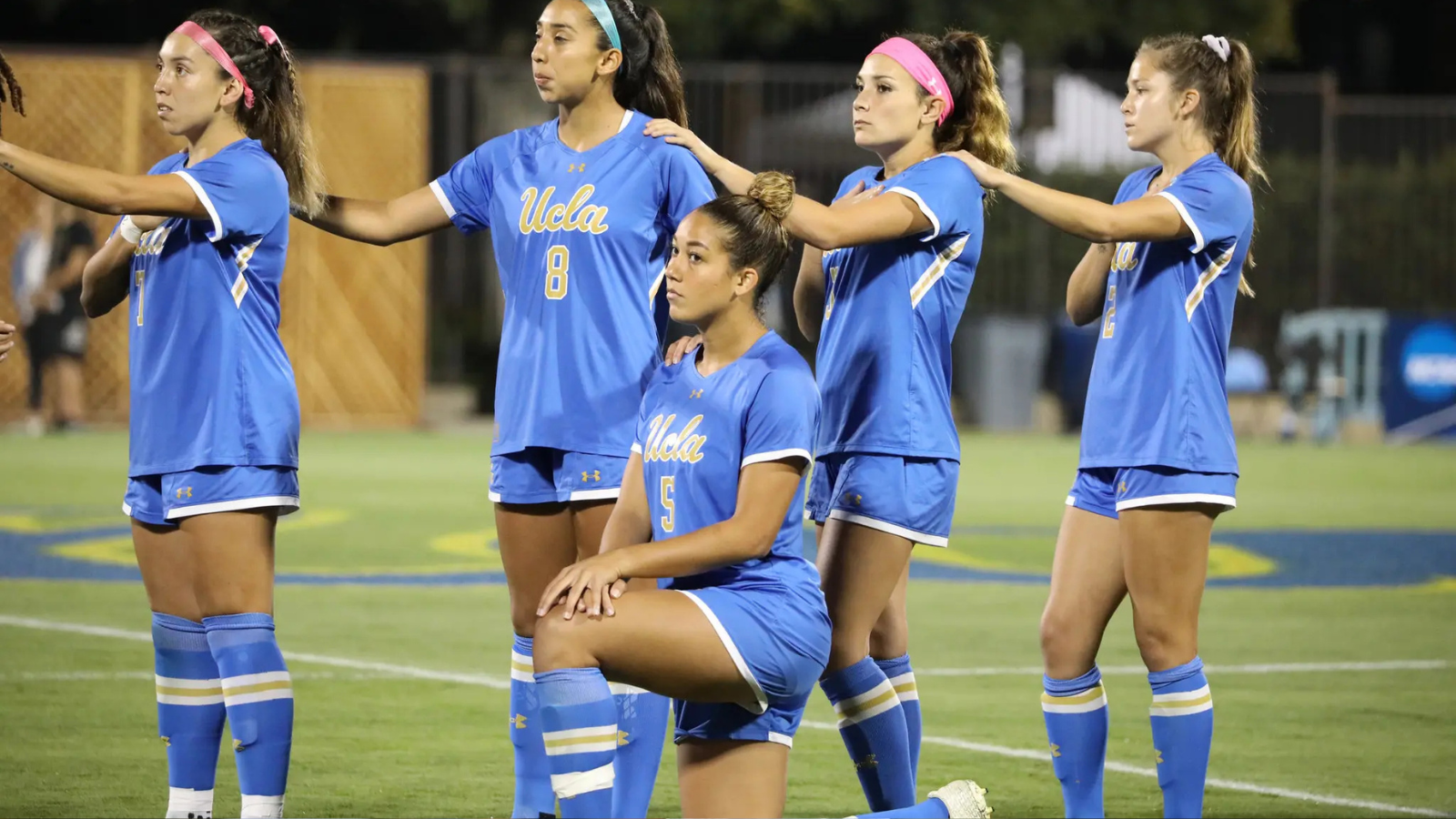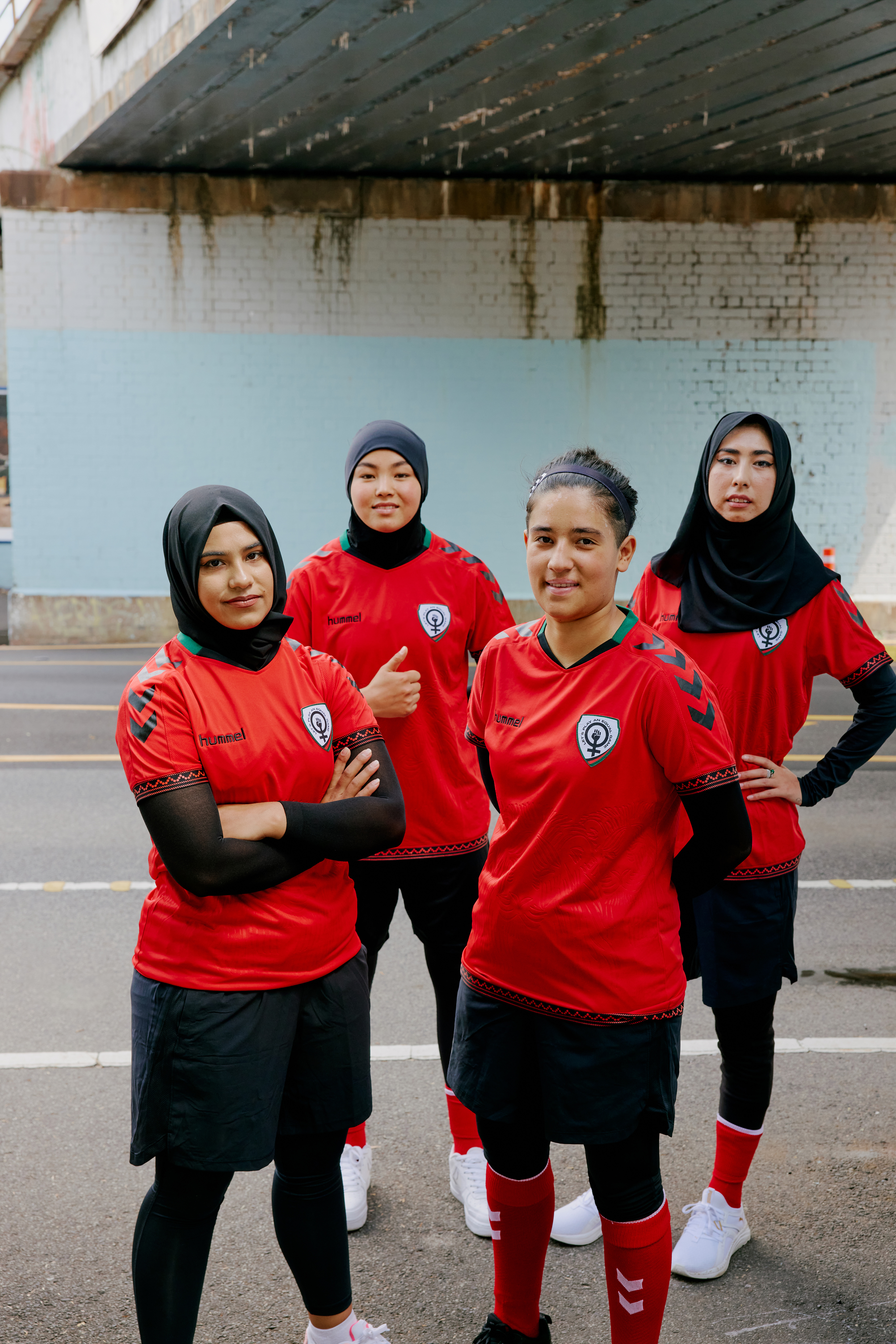Possible Use of Excessive Force; FIFA Should Enforce Call to End Discriminatory Ban
(Beirut) – Iranian authorities prevented dozens of Iranian women from entering Imam Reza football stadium in the city of Mashhad on March 29, 2022, possibly using excessive force, Human Rights Watch said today. FIFA should use its leverage with Iranian authorities to demand that they urgently overturn Iran’s discriminatory stadium ban on women and ensure accountability for abuses.
The authorities prevented women, including those who had reportedly already purchased tickets, from entering the sports stadium in Mashhad, in Khorasan province, to watch a FIFA World Cup Qatar 2022 qualifying match between Iran and Lebanon. Videos circulated on social media appear to show women who have gathered in front of the stadium alleging that authorities used pepper spray to disperse them.
“Iranian authorities have repeatedly demonstrated they are willing to go to great lengths to enforce their discriminatory and cruel ban on women attending football stadiums,” said Tara Sepehri Far, senior Iran researcher at Human Rights Watch. “Given Iranian authorities’ longstanding violations, FIFA needs to follow its own global guidelines on nondiscrimination and should consider enforcing penalties for Iran’s noncompliance.”
On March 30, the Iranian Football Federation issued a statement that “due to a lack of preparation,” they were not able to accommodate women at the match. The statement also claimed that only nine women had purchased tickets and alleged, without evidence, that “fake” tickets were distributed among fans.
Mohamad Jafar Montazeri, the country’s attorney general, also responded, saying that selling tickets to women while not allowing them into the stadium is unacceptable, and that the authorities should apologize and compensate the women. The Islamic Republic News Agency (IRNA), a state media outlet, reported that President Ebrahim Raeesi ordered the Interior Ministry to investigate the incident.
Over the past 40 years, Iranian authorities have banned women from attending football and other sports in stadiums. While this ban is not written into law or regulations, the authorities have regularly enforced it for decades. The ban has led to arrests, beatings, detention, and abuses against women.
In September 2019, a female football fan, Sahar Khodayari, known as the “Blue Girl,” was reportedly sentenced to jail for trying to enter a stadium. She died by self-immolation, causing a domestic and international outcry.
In October 2019, after the deadline FIFA set for Iranian authorities to agree that “women have to be allowed into football stadiums,” the government permitted a limited number of women to attend a World Cup qualifier match at Azadi Stadium. But since then, the Iranian government has used various tactics to restrict the number of women attending a sports match at a stadium and only let women enter to watch sports events at stadiums on a rare, ad hoc basis. The authorities have allowed women into stadiums for political gatherings.
Under FIFA’s Statutes (Article 3, Human Rights, and Article 4, Non-Discrimination), discrimination on account of gender – which would include exclusion or interference with access for women and girls to stadiums – is “strictly prohibited and punishable by suspension or expulsion.”
“FIFA’s President Gianni Infantino has personally promised that Iranian women would be able to go to stadiums,” Sepehri Far said. “It is long overdue for FIFA to demonstrate that it is serious in enforcing transparent accountability measures to ensure women in Iran can watch games like their peers all over the world.”






